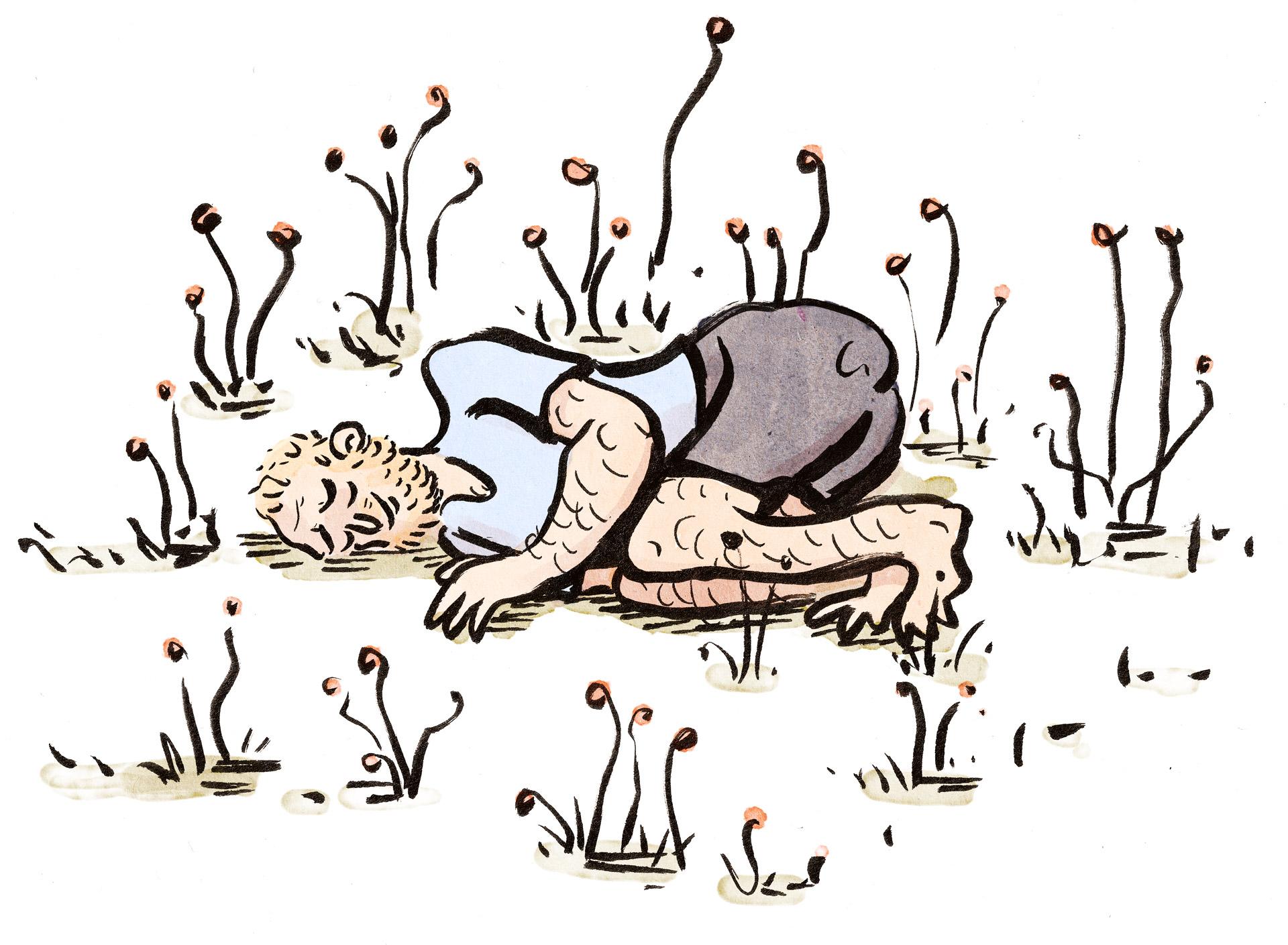
This summer was a very slow work period for me. But this slow pace was intentional because I was feeling burned out from my projects. I was constantly worried about what I needed to do and wondering if I was on the right track. The endless “Should I do this?”, “Should I do that?” was exhausting. Like a little annoying monster in my head that was bothering me all the time.
So about two months ago, I decided to slow down and get rid of this monster. I continued to work on manageable client projects that were fun and fulfilling. But when the project wasn’t a 100% fit, I immediately declined. It’s okay to say no when you need time to recharge (if you can afford it, of course).
I have to say, the last few weeks have been incredibly refreshing. The monster has left my head and now I’m enjoying my pseudo-summer vacation, feeling recharged and ready to dive back into my projects with renewed energy.
Balancing Work and Life
Because of this slow work period, my schedule is quite unique. I did my official “summer vacation” with some stuff left to do, but continued to do some work at a slow pace. My partner and I planned some small adventures around Switzerland and intend to have about 2 days off per week, depending on the weather. Together we’ve created a semi-vacation that gives us a nice work-life balance for the rest of the summer. Meaning it is a mix between slow work and enjoying some free time.
The Importance of Slow Work Periods
There are times when intense work is required. Deadlines or the desire to make significant progress on projects may demand more effort. These intense periods are beneficial but must be balanced with breaks or slower periods of work. It’s important to realize that we’re not machines and it’s easy to feel guilty about not doing enough. Society often places a high value on constant productivity, making us feel inefficient if we take time to slow down. Pushing yourself too hard without taking breaks can lead to burnout and a decline in the quality of your work. And then we have the monster in our head that keeps bothering us.
Your ability to control your workload depends on your job, but if you are a freelancer or have a flexible job, you can control how much you work. The same goes for your creative passion projects outside of work. You decide how much you can and will do! Setting realistic goals and knowing when to step back is essential for your productivity and mental well-being. By integrating slow work with periods of intense work, you can maintain a high level of performance without compromising your health or happiness.
Benefits of Slow Work
Here’s a list of the benefits of working at a slower pace I noticed for myself.
- Better quality of work
- When you slow down to work on your projects, you automatically produce better work.
- Mental well-being
- You will feel better mentally.
- Reevaluate priorities and goals
- When you work more slowly, you have more time to think. I have used this time to better align my priorities and goals with my values.
- Better decision making
- If you don’t have to stress about a decision, you’re likely to make a better one.
- Process improvement
- In a slower work period, you can think about your work process and adapt it.
- Increased creativity
- I always do better creative work, when I’m not stressed and in a good mood. Slow work provides that and is perfect for your most creative work.
- Ability to do other things
- Sometimes we don’t experiment and try new things because we don’t have time. So we can use it in slow work periods to try new things.
- Better work-life balance
- Well, if you work less, you have a better work-life balance.
How to Embrace Slow Work Periods
Sometimes slow periods happen naturally. You may feel the need to slow down after finishing a project or during less busy times, such as the summer or holidays. For me, burnout from my projects and the loss of my father derailed my work-life balance this year.
You can also schedule slow periods of work when you know there are busy times ahead or you just finished a crazy work period. Your body often signals when it’s time to slow down, so listen to it and don’t push yourself too hard. This approach is even good for your productivity because, after an extended period of slow work, I return to my projects with more enthusiasm and intensity.
Conclusion
Embracing slow periods of work can significantly improve your productivity and overall well-being. By knowing when to slow down and when to speed up, you can create a balanced work routine that prevents burnout and keeps you motivated. So take control of your schedule, listen to your body, and find the rhythm that works best for you. And don’t forget to destroy that little monster inside you that’s bothering you!